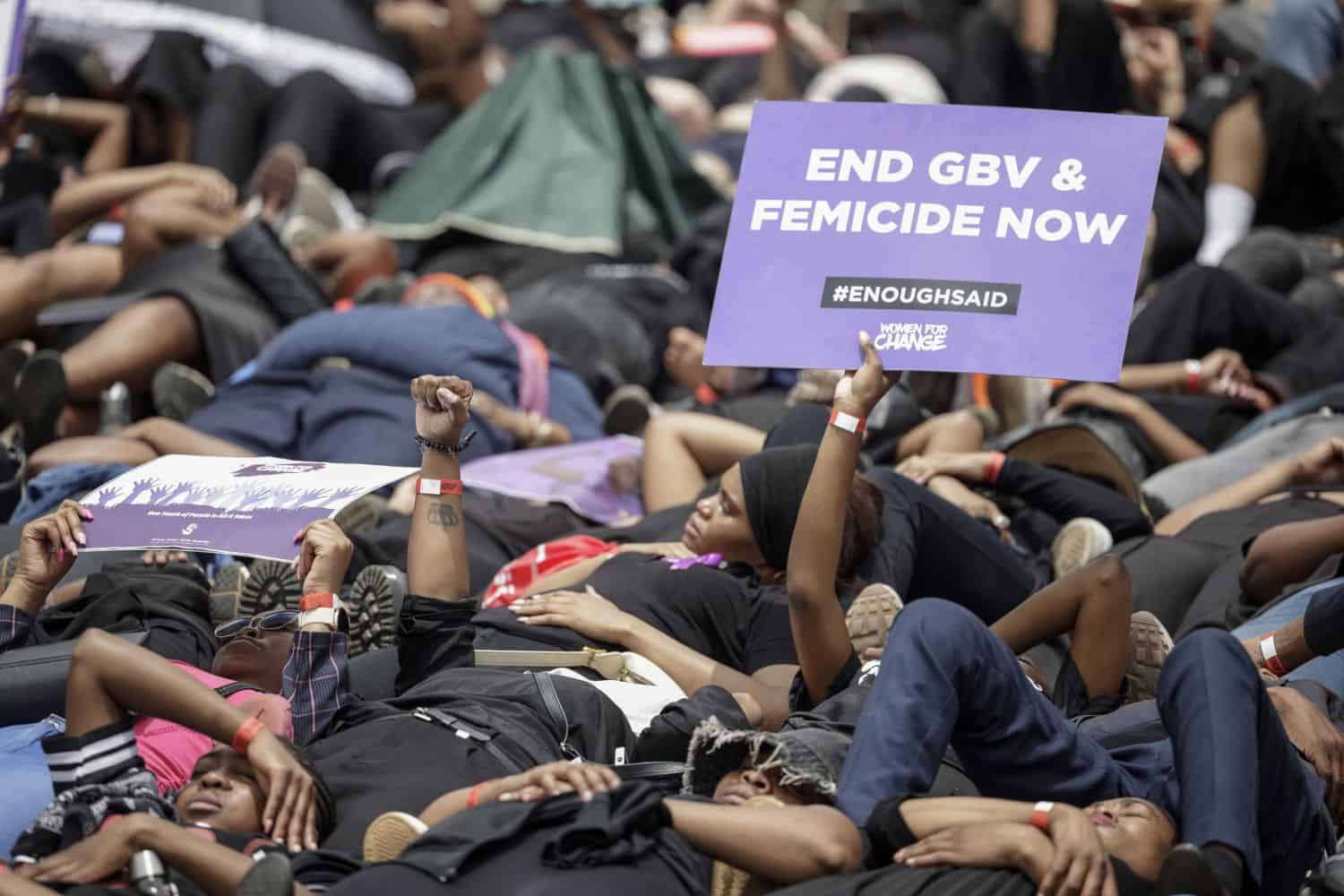Cogta Minister Velenkosini Hlabisa said he welcomed the decision to classify GBVF as a national disaster

Gender-based violence and femicide (GBVF) has been officially classified as a national disaster, the Ministry of Cooperative Governance and Traditional Affairs (Cogta) announced on Friday.
The announcement was made on the same day that thousands of women staged a nationwide shutdown demanding urgent action.
The move also comes a day after President Cyril Ramaphosa declared GBVF a national crisis.
Crisis vs disaster
The president’s declaration of GBV as a national crisis is a political and social acknowledgement of the severity of the problem.
A national disaster, however, is a legal classification under the Disaster Management Act.
It obligates the government to implement coordinated, multisectoral, legally defined interventions, similar to the frameworks used during floods, fires or pandemics, but without invoking emergency powers.
In this case, the classification strengthens existing systems rather than creating new emergency structures.
ALSO READ: Shutdown for GBV to be declared national disaster
What the classification means
Cogta Minister Velenkosini Hlabisa said he welcomed the decision by the Head of the National Disaster Management Centre (NDMC), Dr Bongani Elias Sithole, to classify GBVF as a national disaster under Section 23 of the Disaster Management Act.

According to the ministry, the NDMC reached its decision after “a thorough reassessment of previous reports and updated submissions from organs of state as well as civil organisations”.
It said the classification was based on “persistent and immediate life-safety risks posed by ongoing acts of violence” and that GBVF now meets the threshold of a potential disaster as defined in the Act.
ALSO READ: Building a safer SA for women and children
National executive takes over coordination
With GBVF now legally a national disaster, the national executive carries primary responsibility for coordinating and managing the response, using existing legislation and contingency plans across government.
The ministry said all organs of state must now strengthen support to GBVF response structures and ensure that all necessary mechanisms are activated.
Under Section 22 of the Act, the public, private sector, communities and individuals are urged to intensify prevention efforts and implement GBVF-related standards and procedures.
Individuals are “strongly encouraged to refrain from any acts of gender-based violence or femicide”.
ALSO READ: Wits University responds to GBV protests amid national shutdown calls
No emergency powers invoked
The ministry emphasised that the classification does not invoke emergency powers. Instead, it reinforces key programmes already underway, including:
- Inter-Ministerial Committee on GBVF
- Intergovernmental Committee on Disaster Management (technical and political)
- NatJoints Priority Committee
- 90-Day GBVF Acceleration Programme
- Expansion of Thuthuzela Care Centres
- Strengthening of Sexual Offences Courts
- Criminal justice system reforms
All organs of state must submit progress reports to the NDMC, as required under Section 24, to monitor interventions nationally.
ALSO READ: How do we even tackle GBV? Experts weigh in…
‘GBVF is not a women’s issue’
Minister Hlabisa said the classification unites every sector of society around the crisis.
“This effort pulls together every sphere of government and every critical sector: policing, social development, justice, health, education, economic development, and traditional leadership. Above all, it confirms a fundamental truth: GBVF is not a women’s issue. It is a national crisis.”
NOW READ: ‘Government’s systems have failed us’: Women For Change vow to not stop






